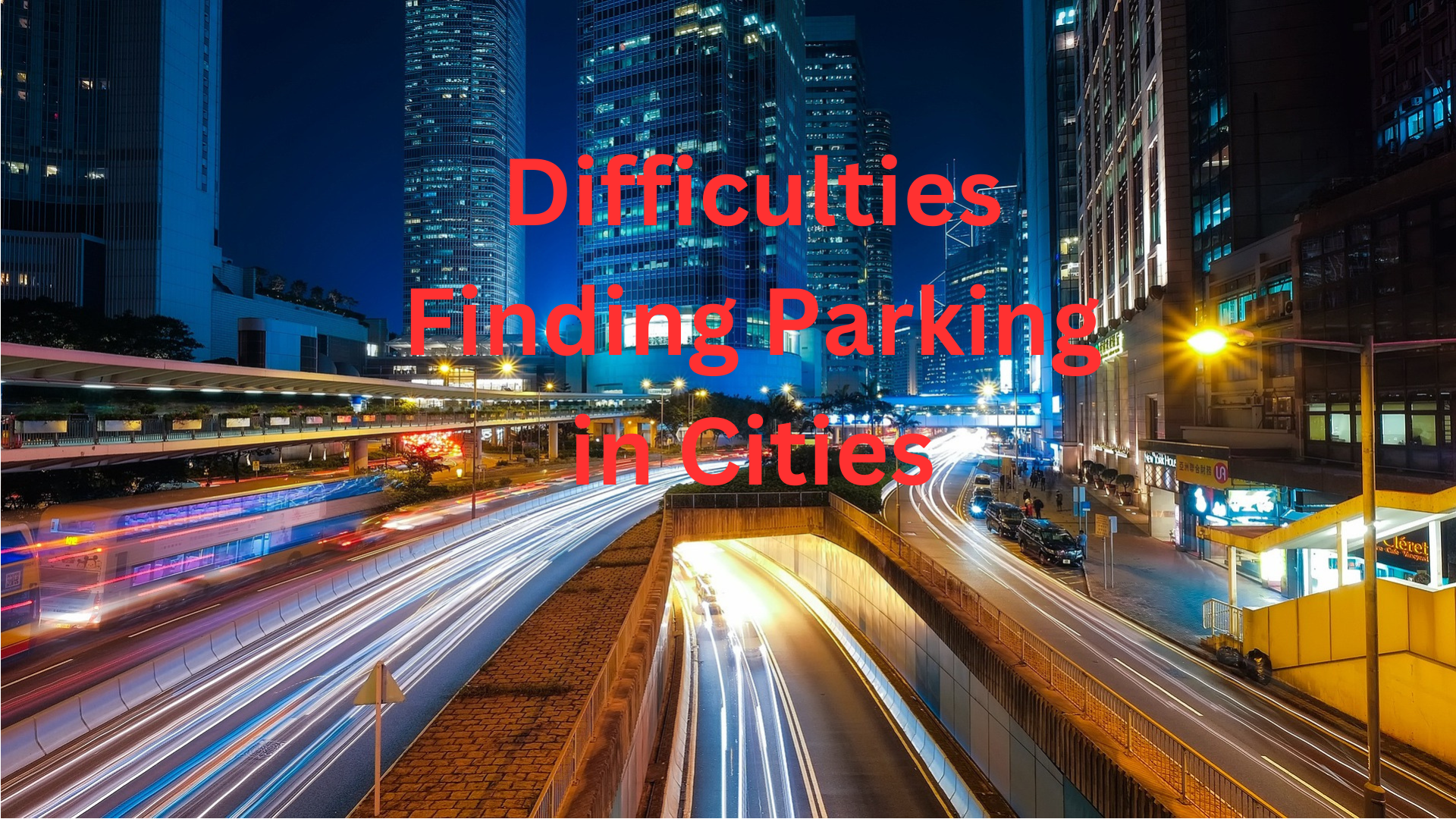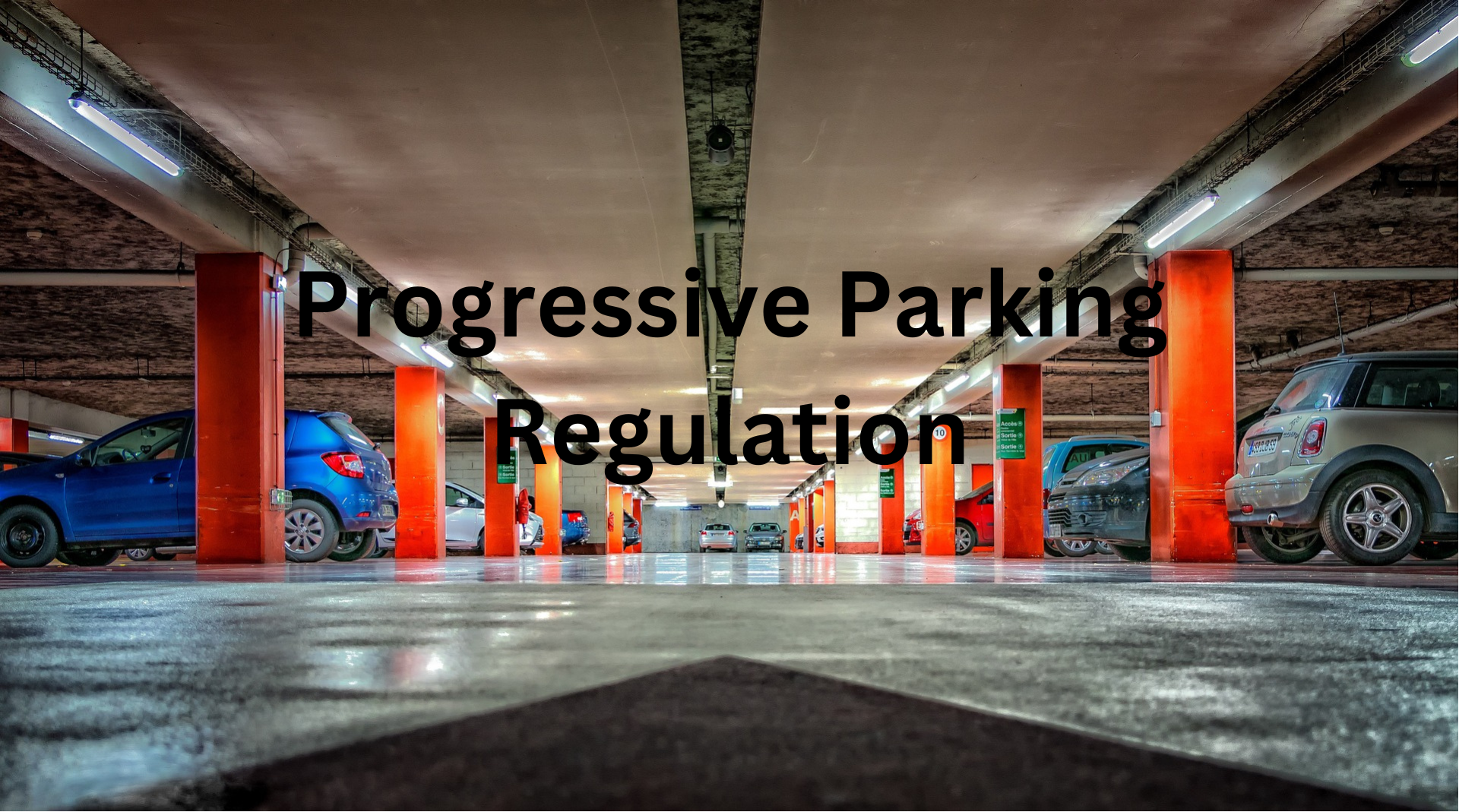Difficulties Finding Parking in Cities
Parking difficulties in urban environments pose significant challenges, including limited space and an increasing number of vehicles. Addressing these challenges is crucial for improving traffic flow, reducing congestion, and enhancing the overall urban experience. In this article, we explore various strategies and solutions available to tackle parking issues in urban areas. From smart parking technologies and efficient management systems to alternative transportation options, we delve into innovative approaches that can help cities overcome parking difficulties and create more sustainable and livable urban environments.
Deploying Next-Generation Parking Management
As urban areas become more densely populated, the demand for efficient parking management solutions grows. The deployment of next-generation parking management systems, including technologies such as sensors, data analytics, and real-time information, can revolutionize the way we manage parking. These advancements offer improved convenience, reduced congestion, and enhanced user experiences in urban environments. In this article, we explore the latest advancements in parking management technology and strategies that can optimize parking utilization and improve the overall parking experience.
Supporting Eco-Friendly Transportation Alternatives
Promoting eco-friendly transportation alternatives has become a top priority for cities worldwide. Encouraging sustainable modes of transportation, such as cycling, walking, public transit, and electric vehicles, can significantly reduce carbon emissions, alleviate traffic congestion, and create greener and healthier urban environments. In this article, we delve into the various initiatives and strategies aimed at supporting these alternatives and their potential impact on urban mobility and sustainability.
Building Multi-Modal Transportation Centers
Creating multi-modal transportation centers is a key strategy for enhancing connectivity and efficiency in urban transportation systems. These centers serve as hubs where different modes of transportation, including buses, trains, bicycles, and pedestrian pathways, converge seamlessly. By integrating various transportation options in a single location, cities can improve accessibility, encourage intermodal transfers, and promote sustainable travel choices. In this article, we explore the benefits and considerations involved in the development of multi-modal transportation centers and their potential to transform urban commuting and navigation.
Modernizing Vertical Parking Solutions
Modernizing vertical parking solutions is a critical step toward optimizing space utilization and addressing parking challenges in urban areas. Vertical parking structures, such as automated parking systems and car stackers, offer efficient and space-saving alternatives to traditional parking lots. By implementing advanced technologies and design concepts, cities can maximize parking capacity, reduce congestion, and enhance the overall parking experience. In this article, we delve into the various modernization strategies for vertical parking solutions, highlighting their advantages, considerations, and potential impact on urban mobility.
Embracing Dynamic Pricing Approaches
Dynamic pricing approaches have proven effective in optimizing revenue and improving customer satisfaction in various industries. When applied to parking management, dynamic pricing offers a promising solution to address limited parking spaces in urban areas. By implementing dynamic pricing models that adjust parking rates based on factors such as demand, time of day, and special events, parking operators can encourage efficient utilization of parking spaces, reduce congestion, and provide flexibility for both operators and users. In this article, we explore the benefits and considerations of embracing dynamic pricing approaches in the parking industry, as well as their potential impact on urban mobility and customer experience.
By implementing these strategies and embracing innovative solutions, cities can effectively tackle parking challenges in urban environments, leading to improved traffic flow, reduced congestion, and a more seamless and sustainable parking experience for residents and visitors.



